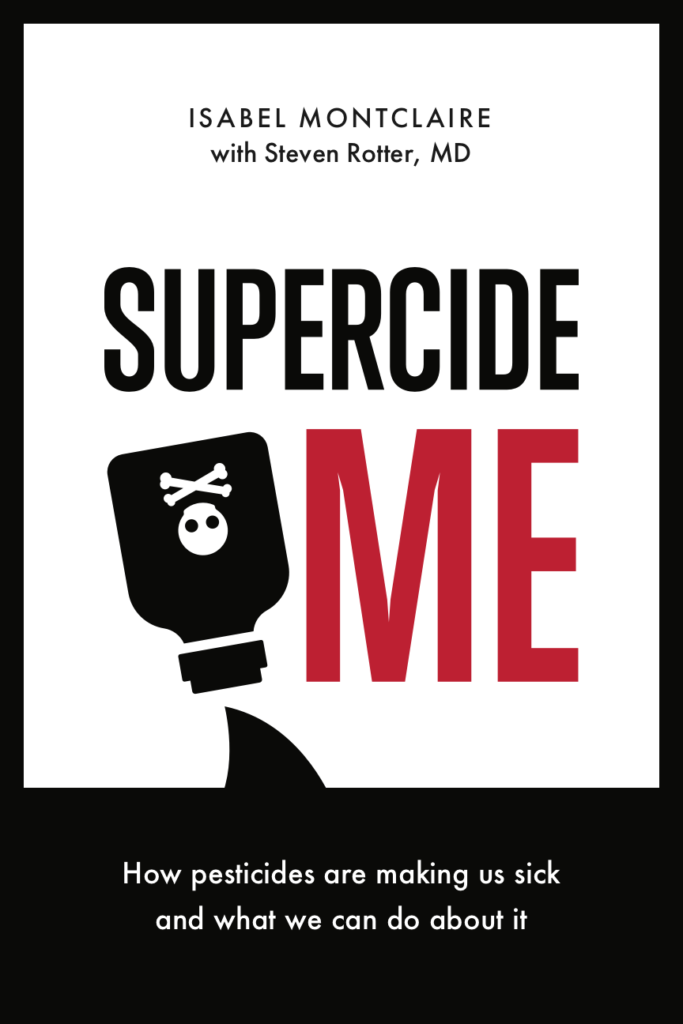My faith in the American government has been somewhat restored. And it feels invigorating, like a breath of fresh, floral spring air filling up my senses. I haven’t felt such a glimmer of hope about our government in years. Oh my, did I ever need that!
Why am I feeling optimistic? Because of the Bayer/Monsanto/Roundup trials (please see previous post). Apparently there are 11,200 other similar cases waiting to go to trial. So, we can expect this topic to be circulating in the news for quite sometime.
But this is more than just a news story. The stories reveal a deeper truth: that the United States’ judicial system is inadvertently taking on the role of protecting the public’s health, because the appropriate regulatory agencies have failed to do so. Everyone plays a role in this current situation. The regulatory system holds regulators in a vice-like grip of science versus politics, and economics versus health. The public’s demand for inexpensive food and the government’s desire to decrease hunger by making cheap food available contributes to the problem. Ethical considerations prohibit testing pesticides on humans. Regulatory agencies around the world are infiltrated with executives from the agribusiness industry so there are conflicts of interest. All this results in an ineffective and fundamentally flawed regulatory system.
The primary regulatory bodies that oversee the public’s health – the Environmental Protection Agency, the Food and Drug Administration, and the United States Department of Agriculture – have all been emasculated to one degree or another because the corporations greatly influence government functions at every level. The fact that 11,200 cases are now working their way through the courts reflects the failure of our regulatory agencies.
The cases are also a testament to the brilliance of our founding fathers. Their genius created a checks and balances system that preserves the integrity of our government. The trials demonstrate the moderation of power in action between the judicial, legislative and executive branches of government. Unfortunately, the regulatory agencies are under the jurisdiction of the executive branch so they can, and have become, highly politicized.
The downside of the judicial system acting as regulator is that they can respond only after the fact, after the damage has already occurred. Judiciary is reactionary, not proactive.
But who was it that said “better late than never“? I’ll take that breath of fresh air and hopefulness over nothing at all.

